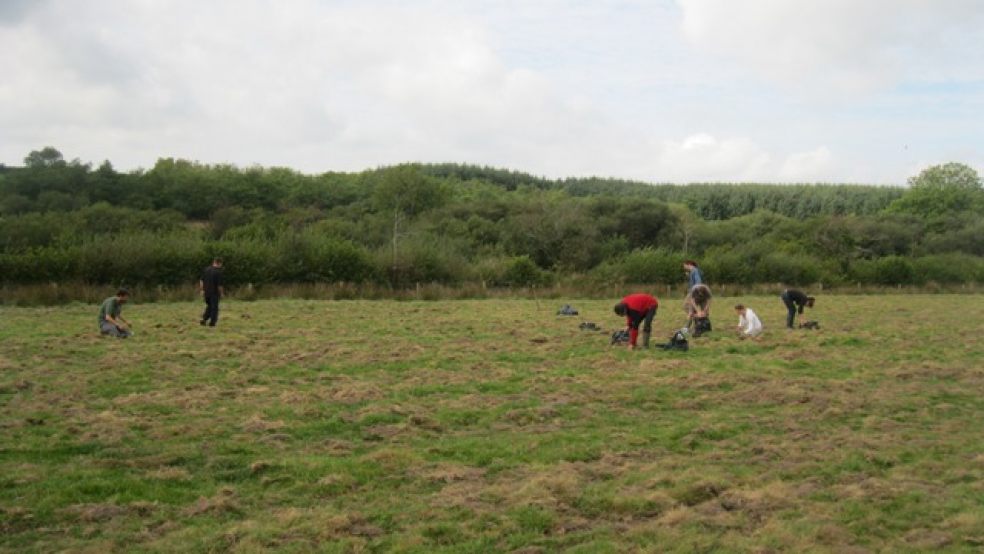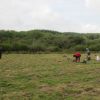
Charity worker plugs gap for butterflies
One of the commonest complaints heard in the 21st century world of work is that people now have to take their work home with them. But a team member from a leading Devon environmental charity has now taken this modern phenomenon to a new level.
Kate Langdon has spent the last eight years working for Devon Wildlife Trust - the charity which looks after 50 nature reserves and which works for the county’s precious wildlife and landscapes.
Kate is part of Devon Wildlife Trust’s Working Wetlands team. Part of the team’s work has been restoring wildlife flower meadows in north-west Devon in a project supported by Biffa Award’s Flagship Scheme, a multi-million pound fund which awards grants to community and environmental projects across the UK.
One species of plant they’ve been especially keen to re-establish is the Devil’s-bit scabious. This beautiful wildflower plays a key role in supporting other local wildlife and is especially important because it’s the food source of the internationally endangered marsh fritillary butterfly.
However, the team’s attempts in the past to re-introduce the flower using commercially bought seed have met with disappointing results – out of 4,000 seeds used last year only four germinated!
This predicament led Kate and her partner Simon Tomasso, who also works for The Trust, to pioneer a different approach taking it upon themselves to raise the delicate plants in their own back yard using seed gathered locally from DWT’s Volehouse Moor and Ashmoor nature reserves. That way Kate could make sure they received the just right levels of water, sunlight and tender loving care.
However, as Kate explained, bringing her work home with her did mean the baby plants came to dominate the family’s garden and their lives: ‘It has felt like a real sense of achievement getting these plants to germinate in such large quantities, and it will be very exciting to see if they have all taken to their new homes, the results of which we will see next year. I have enjoyed watching the plants grow, but I can't say I will miss watering and tending to them like I have all summer!'
Kate’s efforts were boosted by help from nearby Petroc College in Barnstaple. Students from the college also grew plugs and together the home-grown approach has met with success. At one stage in the summer Kate’s garden contained 1,300 plug plants and now the vast majority have grown into healthy wildflowers. This autumn DWT staff set about the back breaking job of hand planting each of the plugs into two sites near Devon Wildlife Trust’s Mambury and Volehouse Moor nature reserves, both in north-west Devon. The sites were chosen for their strategic importance as places that represent gaps between existing populations of marsh fritillary butterflies.
Kate and the team’s hope is that by next summer the plants will have grown and the butterflies will be enjoying them.














